We want to help you answer the following four questions:
What are the Approaches to Value That the Assessors Use?
How Can I Fight the Approaches Being Used?
How Do I Prepare for My Appeal?
What Can I Expect From My Appeal?
We have taken our experience of working with hundreds of clients, plus consulting with others and boiled it down into 7 pages and over 3000 words of shear consumer empowerment.
In this buyers guide you learn about:
Fair Market Value
The Sales Comparison Approach to Value
The Cost Approach to Value
The Income Approach to Value
How to Use the Approaches to Value to Your Advantage
Why Equity is Important
Researching for Your Property Tax Appeal
Negotiating a Settlement
Plus much, much more!
Click the Free Georgia Tax Appeal Guide and get yours today!
What are the Approaches to Value That the Assessors Use?
How Can I Fight the Approaches Being Used?
How Do I Prepare for My Appeal?
What Can I Expect From My Appeal?
We have taken our experience of working with hundreds of clients, plus consulting with others and boiled it down into 7 pages and over 3000 words of shear consumer empowerment.
In this buyers guide you learn about:
Fair Market Value
The Sales Comparison Approach to Value
The Cost Approach to Value
The Income Approach to Value
How to Use the Approaches to Value to Your Advantage
Why Equity is Important
Researching for Your Property Tax Appeal
Negotiating a Settlement
Plus much, much more!
Click the Free Georgia Tax Appeal Guide and get yours today!




